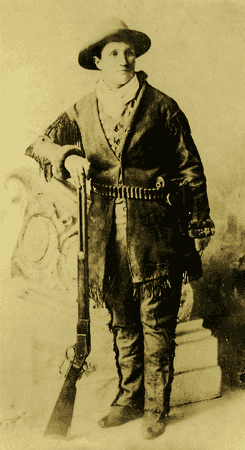 A legend like Charley Parkhurst is hard to come by — but Calamity Jane was certainly legendary in her own right. There has been plenty of speculation and unsubstantiated rumors about Martha Jane Canary — some of it straight from her own account. The city of Deadwood recognizes her as quite a storyteller, but historians agree that some of Canary’s exploits and accomplishments are indeed based on pure, undisputed facts. Below are some true stories about Calamity Jane that you may be surprised to find out:
A legend like Charley Parkhurst is hard to come by — but Calamity Jane was certainly legendary in her own right. There has been plenty of speculation and unsubstantiated rumors about Martha Jane Canary — some of it straight from her own account. The city of Deadwood recognizes her as quite a storyteller, but historians agree that some of Canary’s exploits and accomplishments are indeed based on pure, undisputed facts. Below are some true stories about Calamity Jane that you may be surprised to find out:
1. Martha Jane Canary (or Cannary) was born to Robert and Charlotte Cannary, the oldest of six siblings, in Princeton, Missouri. Her mother died of pneumonia during a wagon-train move to Virginia City, Montana — and her father died soon after moving the family to Salt Lake City, Utah. Martha Jane, now in charge of her brothers and sisters, packed up the children on the Union Pacific Railroad and settled in Piedmont, Wyoming.
2. Martha Jane was not an educated girl. She was illiterate and her knowledge was mostly based on survival skills. During her time traveling with the caravan from Missouri to Montana, she was often in the company of the party hunters, from whom she learned how to ride horses, shoot, and hunt for herself.









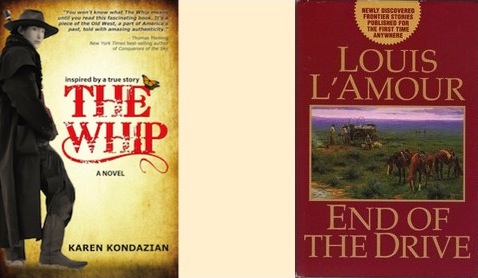
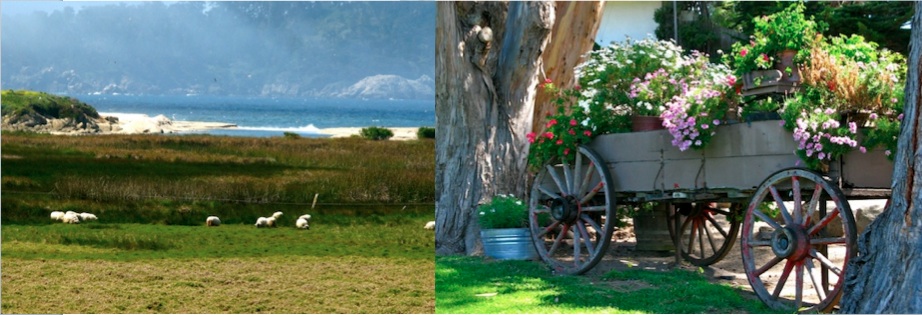

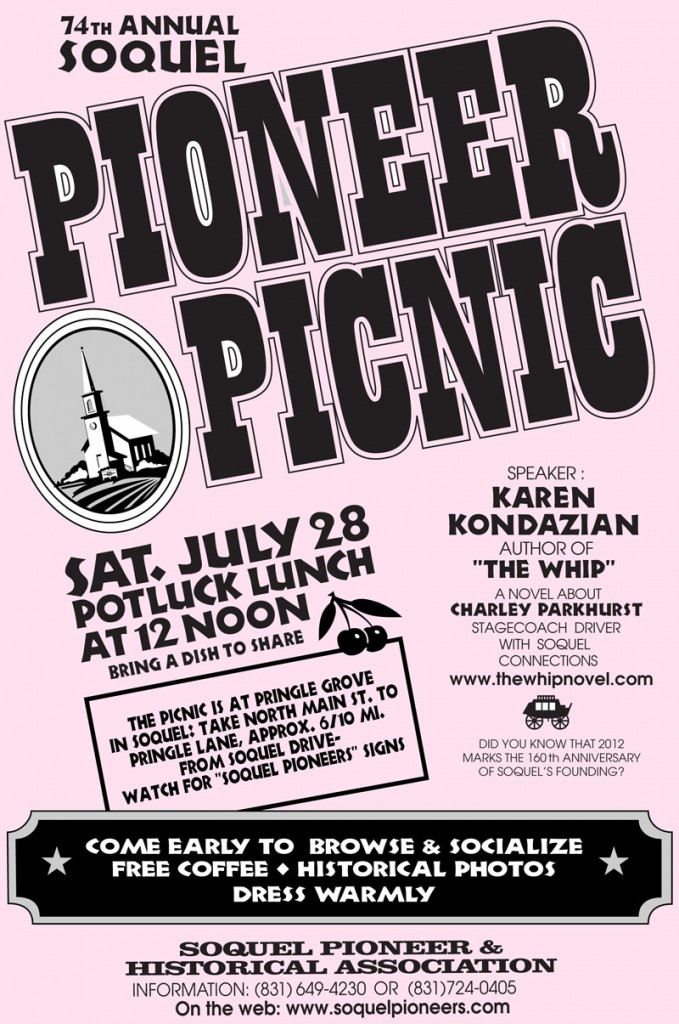

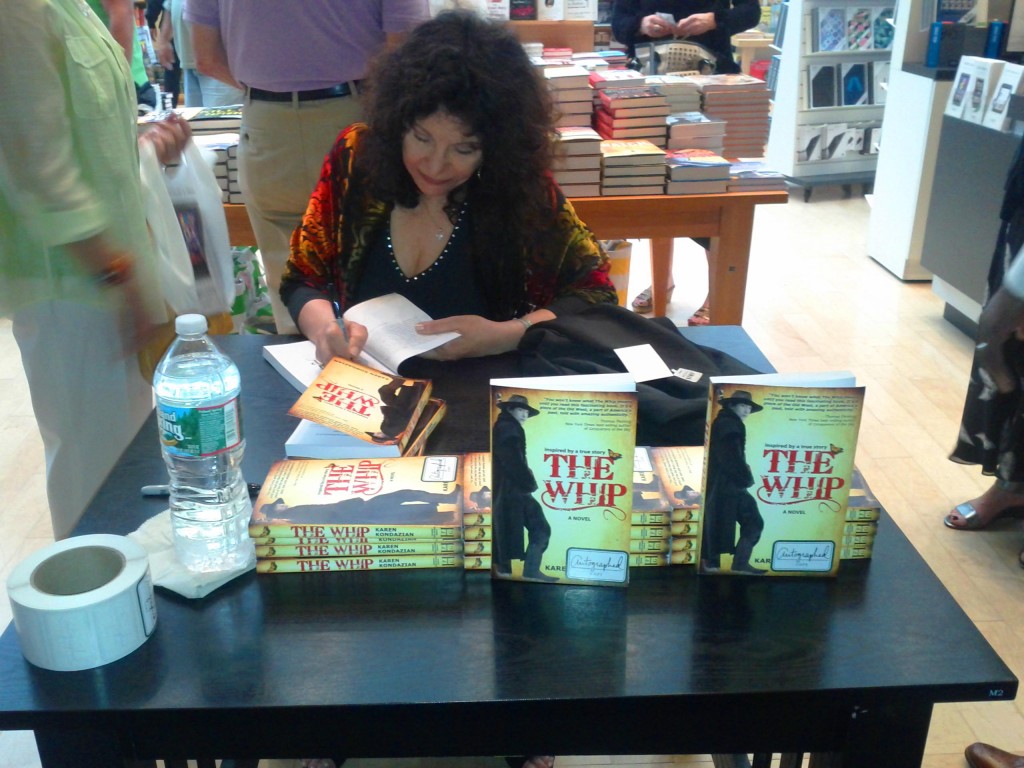
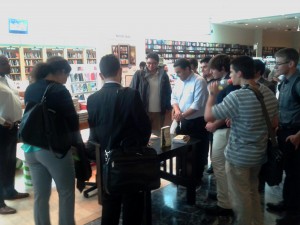

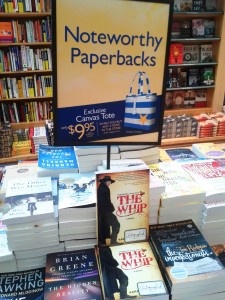
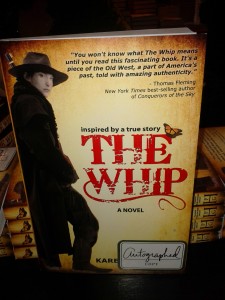

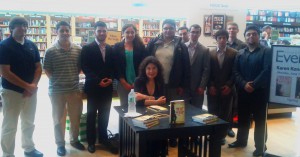

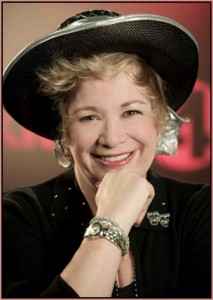
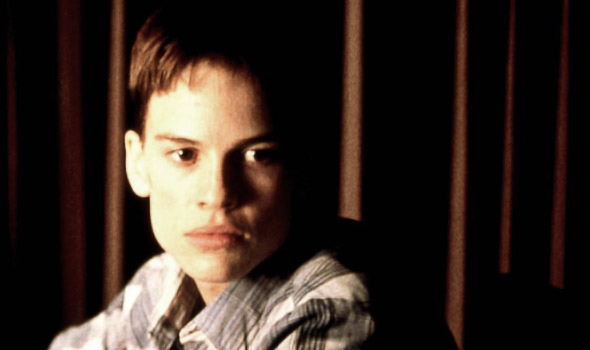
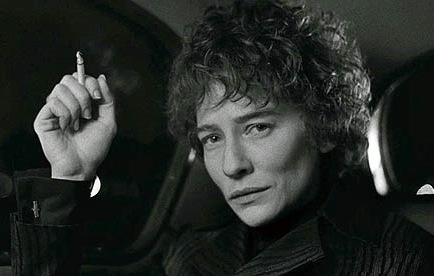

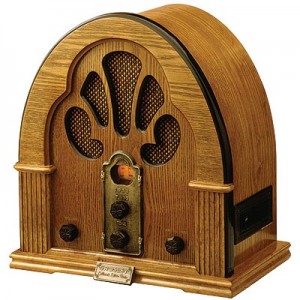

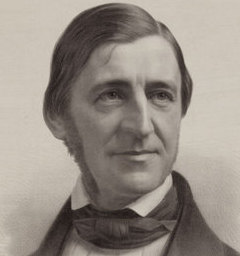
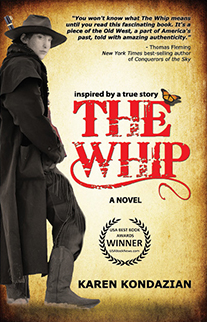
Newest Book Review for The Whip
08-31-12: Karen Kondazian Cracks ‘The Whip’
Stages of Identity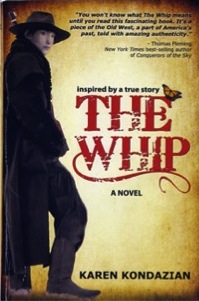
There’s always some true story out there that’s stranger than fiction. The question facing a writer is whether or not to tell the story as fiction, or simply write a work of non-fiction. If you choose the latter, you can be limited by what we know of the subject; if that adds up to “not much,” then your book is going to end up being mostly conjecture. But if you choose to fictionalize a real-life “stranger than fiction” story, you run the risk of writing a novel less interesting than reality.
It’s a matter of balance with this sort of material and Karen Kondazian gets the balance right with ‘The Whip,’ a slim, smart western based on the story of Charlotte “Charley” Parkhurst. Here’s the backstory; Charley Parkhurst, brought up as an orphan, was a renowned stagecoach driver in California for Wells Fargo (called a “whip,” thus the title) who had runs from Watsonville to Santa Cruz and from San Francisco to Sacramento. When he died in 1879, it was revealed that he had been a woman living as a man for the last 30 years; moreover, evidence showed that Charlotte had at one time borne a child. A small dress was tucked away in a chest. That’s pretty much what we know.